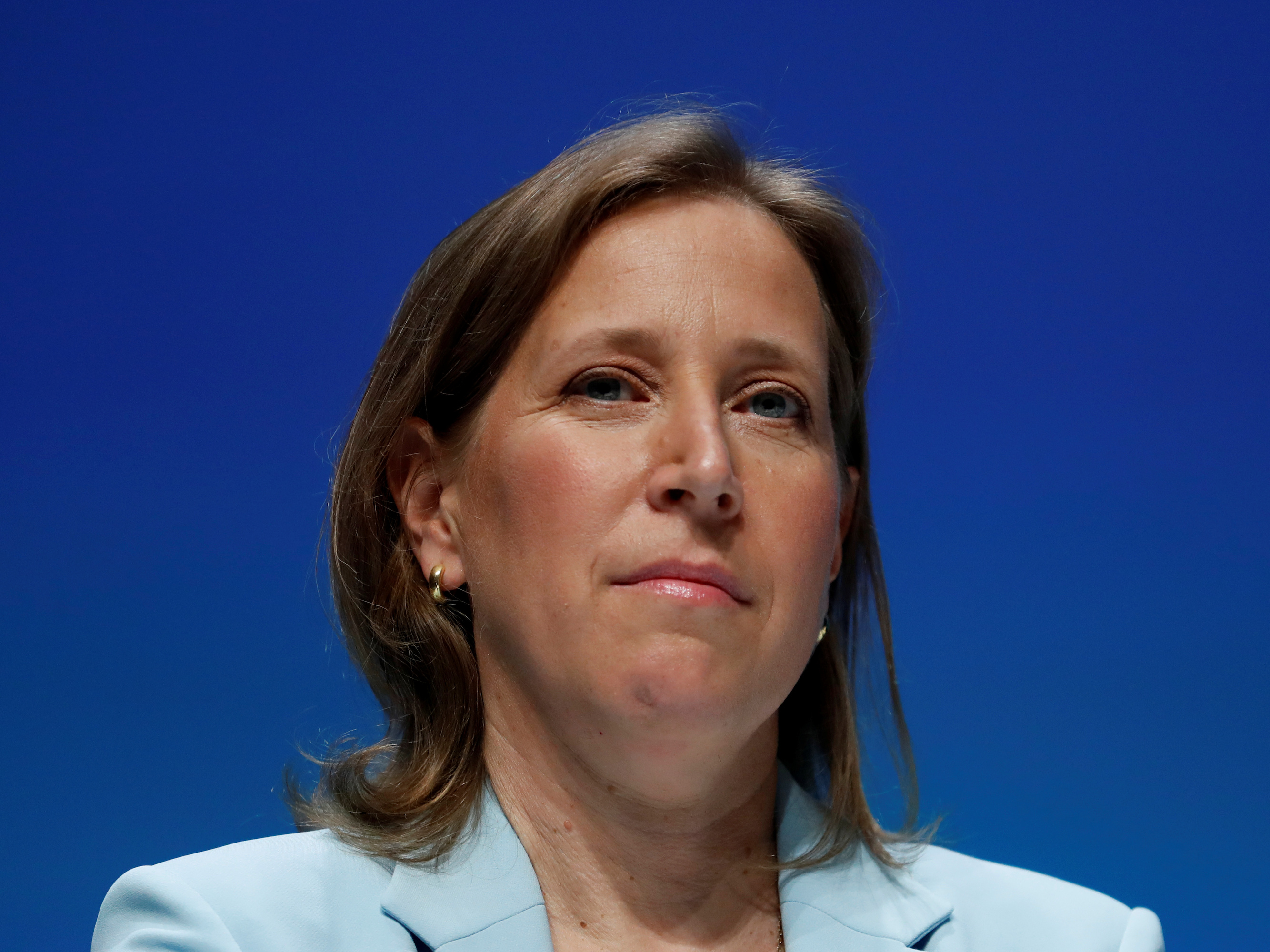- YouTube CEO Susan Wojcicki says the platform will ban content peddling fake or unproven coronavirus remedies.
- In an interview with CNN, she also suggested that video that “goes against” WHO guidance on the pandemic will be blocked, an expansive policy that may be difficult to enforce in practice.
- In March, YouTube said it would demonetize videos about the coronavirus over perceived insensitivity concerns, but reversed that decision a week later after a backlash from disgruntled YouTubers.
- The platform has already banned videos that link 5G to the spread of COVID-19.
- Visit Business Insider’s homepage for more stories.
YouTube Susan Wojcicki has suggested that the video platform will remove content that contradicts the World Health Organization’s advice on COVID-19.
In an interview with CNN published Sunday, Wojcicki said YouTube would be “removing information that is problematic” including “anything that is medically unsubstantiated.”
For example, she said, content that claimed vitamin C or turmeric would cure people of COVID-19 would be “a violation of our policy” and removed accordingly.
She continued: “Anything that goes against WHO recommendations would be a violation of our policy and so remove is another really important part of our policy.”
Wojcicki didn't go into further detail, and it isn't clear how rigorously YouTube is policing videos that might fall into the grey area of debating WHO's guidance.
For example, WHO has advised that masks should be worn by healthcare workers and not by healthy members of the public. But experts are split on this, and there are plenty of YouTube videos advising people on making and wearing their own masks.
Wojcicki acknowledged that YouTube had had to quickly update its policies in response to the virus, and the accompanying spread of misinformation.
The platform has already banned videos that link 5G to the spread of COVID-19, a conspiracy theory that's shown surprising longevity on online platforms many despite being widely debunked.
In March, YouTube said it would demonetize videos about the coronavirus over perceived insensitivity concerns, but reversed that decision a week later after a backlash from disgruntled YouTubers.

